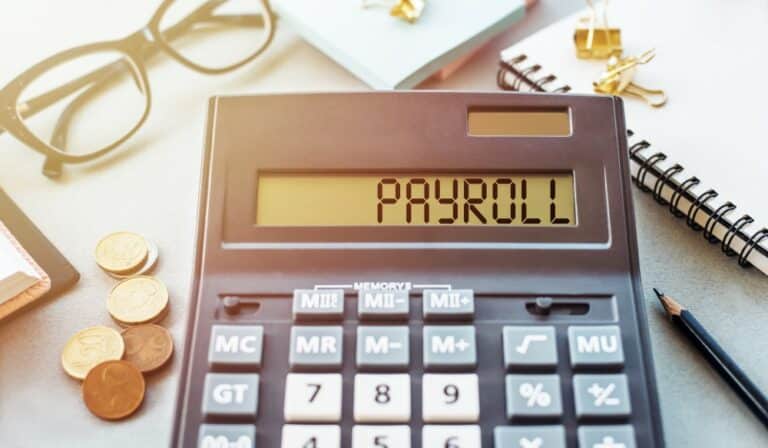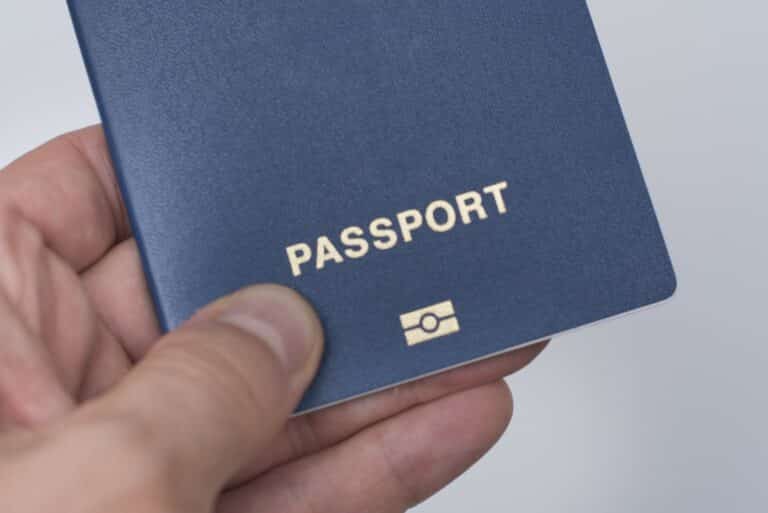How is a company bicycle which is made available to the employee taxed?

Since January 1, 2020, a 7% additional taxable benefit applies to the bicycle that the employer makes available to the employee for private usage. This also applies to an electric bicycle and speed pedelec which are made available.
If the employee is allowed to use the company bicycle for commuting to and from work, the bicycle is considered to be available for private use as well. For this private use, the employer must add an amount to the salary per calendar year. This addition does not apply if the employee may only use the bicycle for business travel (and thus not for commuting).
Bicycle made available
In the following cases there is a bicycle made available:
- An employer provides a bicycle to its employee and the bicycle remains the property of the employer.
- An employer leases a bicycle from a leasing company and makes it available to its employee.
- The employee leases a bicycle himself and the employer reimburses all costs.
Value of private use of bicycle
The value of private use is 7% of the recommended retail price published by the manufacturer or importer. This is the consumer price including sales tax. Rijwiel en Automobiel Industrie (RAI) Vereniging has set up a database for this purpose. You can find it at www.bijtellingfietsvandezaak.nl.
If the employer cannot find out the original price, he must use the recommended consumer price of the most comparable bicycle.
Accessories and bicycle insurance
Accessories that are part of the recommended retail price and are provided with the bicycle are subject to the addition to income. Accessories that are not part of the recommended retail price must be valued by the employer at the purchase invoice amount including VAT. If the employer does not have an invoice for the provision, the fair market value applies.
Bike insurance, an additional lock, a bag support and repair costs are intermediate costs and do not affect the additional taxable benefit.
Note!
A rain suit provided by the employer to the employee is your employee’s wages. But the employer can also designate this wage as final taxable income if the customary requirement is met. The amount is charged to the free space. Above that, the employer pays 80% final levy.
Wages in kind
The addition for the private use of the bicycle is wage in kind. The employer annually adds 7% to the employee’s wage. The employer must withhold wage tax/national insurance contributions, pay employee insurance contributions, and pay the employer levy for the Healthcare Insurance Act (Zvw) or withhold the Zvw contribution.
Designate as final taxable income
The employer may also designate the additional taxable benefit as a final taxable benefit if the customary requirement is met. The amount will be charged to the free space. Above this amount, the employer will pay 80% final tax.
Cafeteria scheme
An employer can also agree with the employee to exchange gross salary for a bicycle provided. The employer may then designate the addition as final taxable income if the customary requirement is met.
Own contribution
The employer may deduct the personal contribution paid by the employee from his net salary from the additional taxable benefit. The balance of the addition for private bicycle use and the employee’s own contribution for private use may not be negative on a calendar year basis.
Payments to third parties are not deducted from the additional taxable benefit, such as the cost of charging the battery of a company electric bicycle at home. But an employer can reimburse these (intermediate) costs to the employee untaxed.
No evidence to the contrary possible
Unlike in the case of company cars, it is not possible to provide evidence to the contrary in the case of minor private use. The bicycle addition always applies when an employee is allowed to use a bicycle provided for commuting purposes.
Mileage allowance
Does the employer pay a compensation for the kilometers the employee rides the company bicycle? Then this is taxed wages for the employee. There is in fact transportation on behalf of the employer. The employer may also designate this as final taxable income. This is charged to the free space.
Taking over the bicycle after the lease period
Can the fair market value be set at a fixed percentage of the purchase price when the bicycle is sold to the employee?
Yes. At the time of the sale, the employer must determine the current fair value. In doing so, he may assume a depreciation of 20% on an annual basis. After 5 years, the residual value is then zero.






